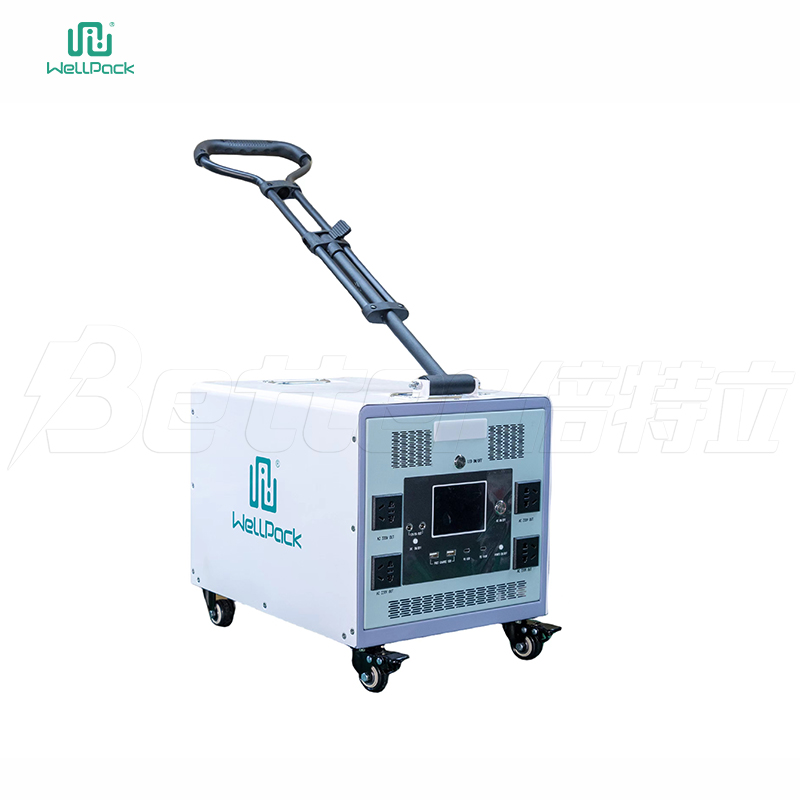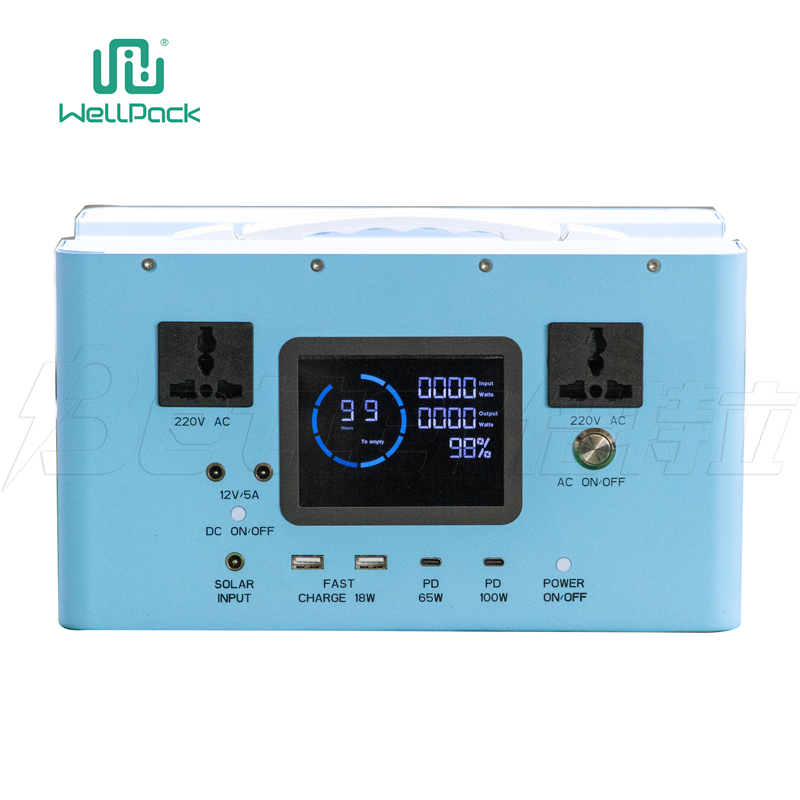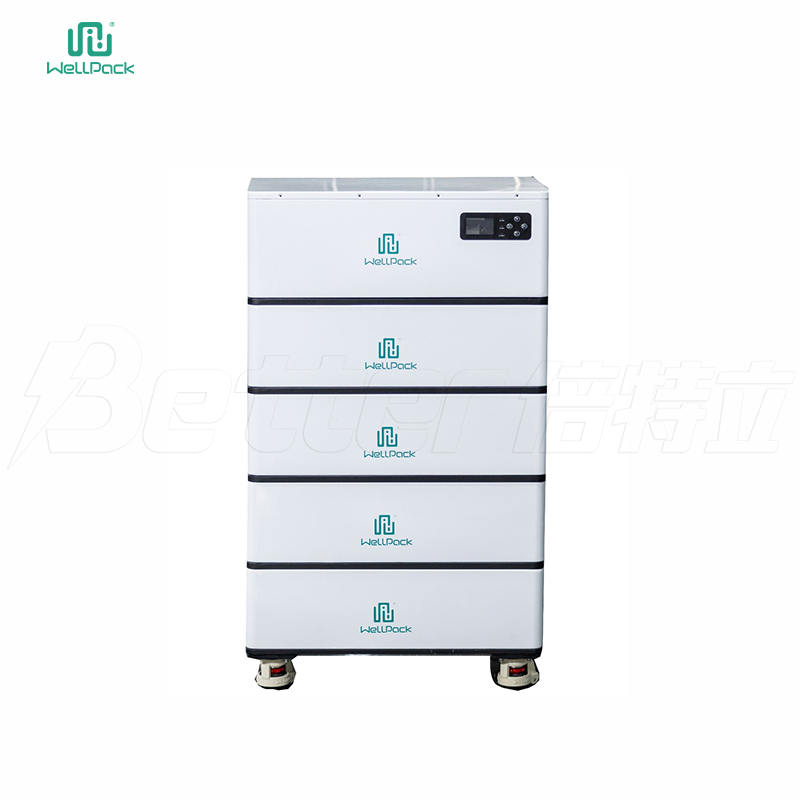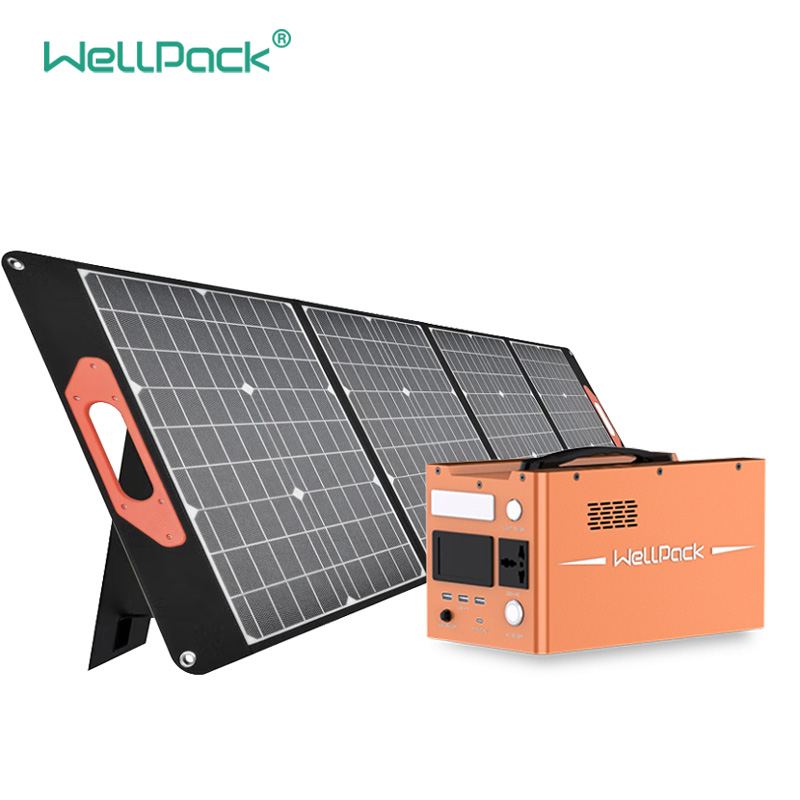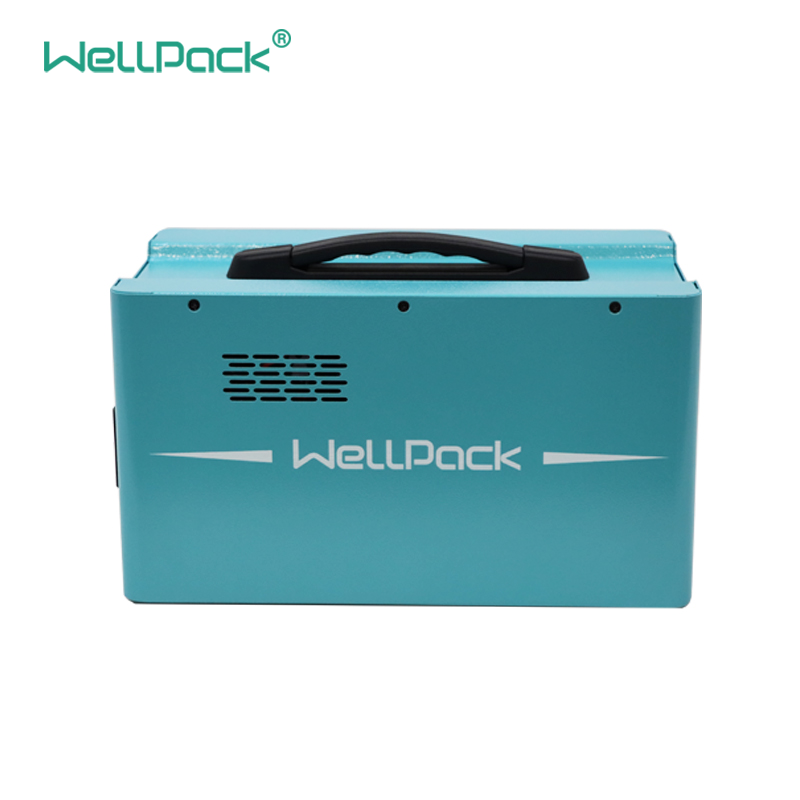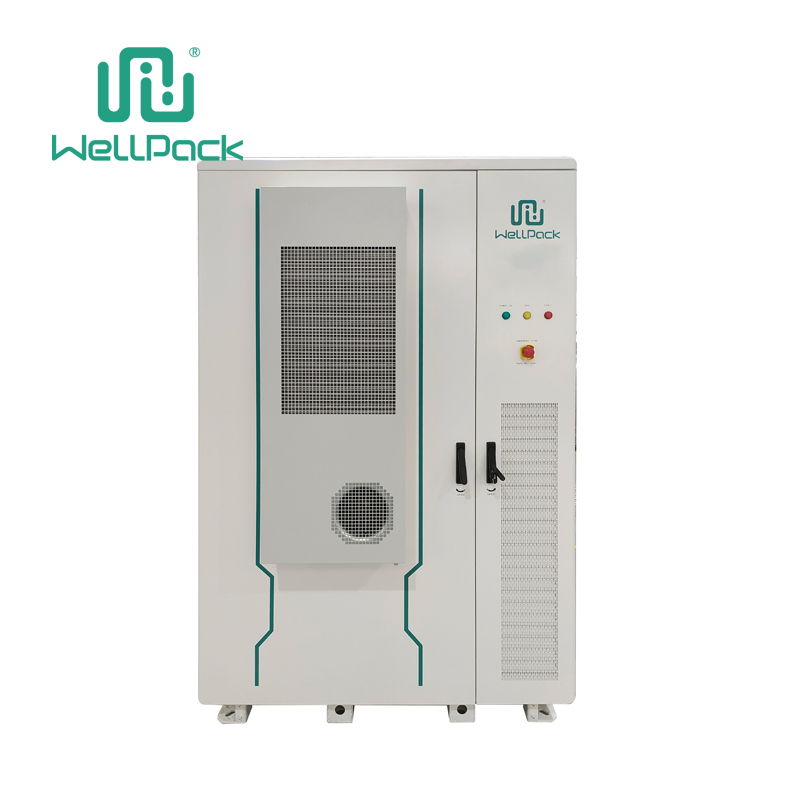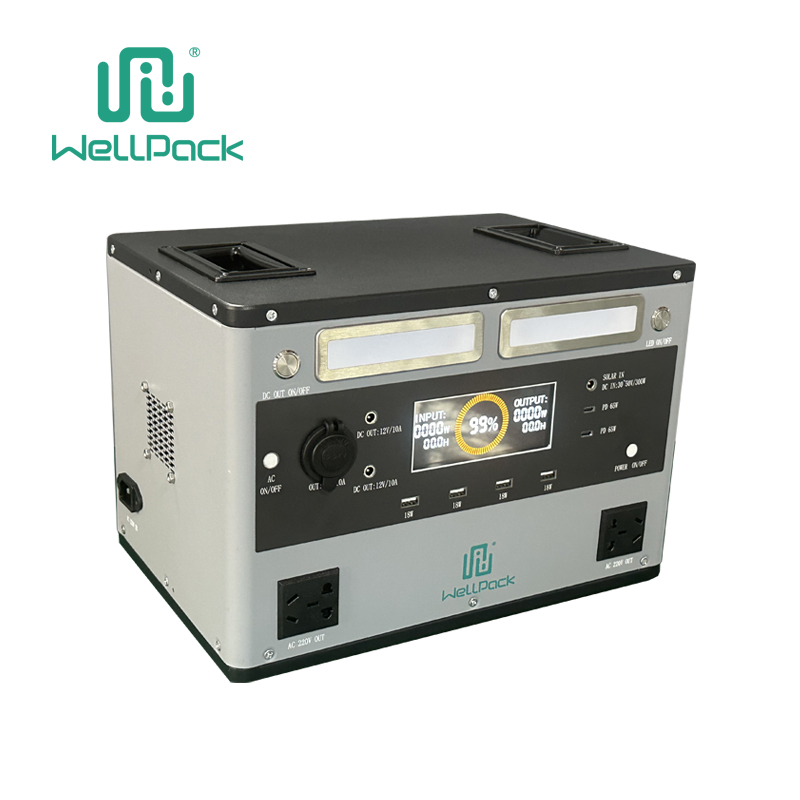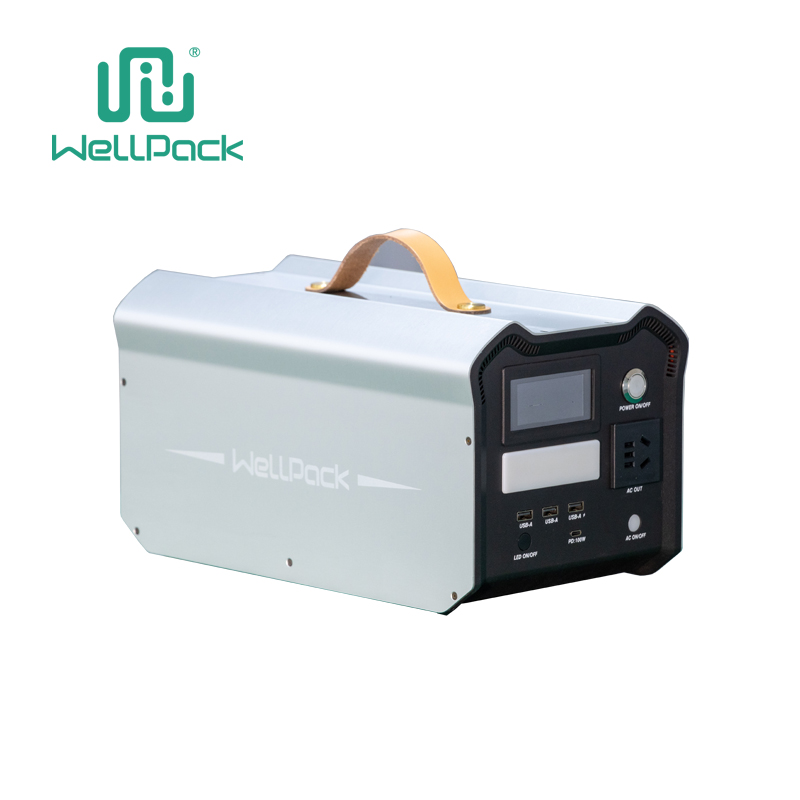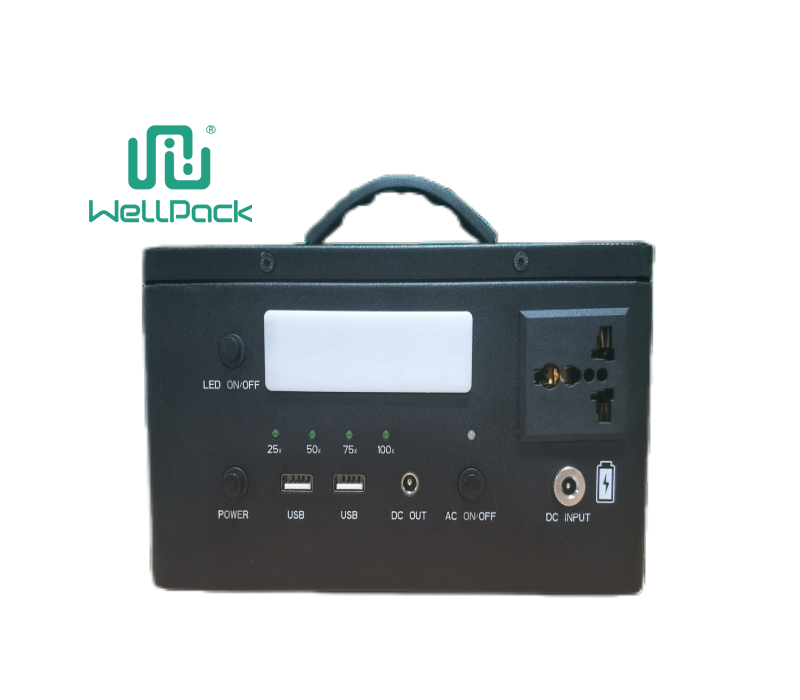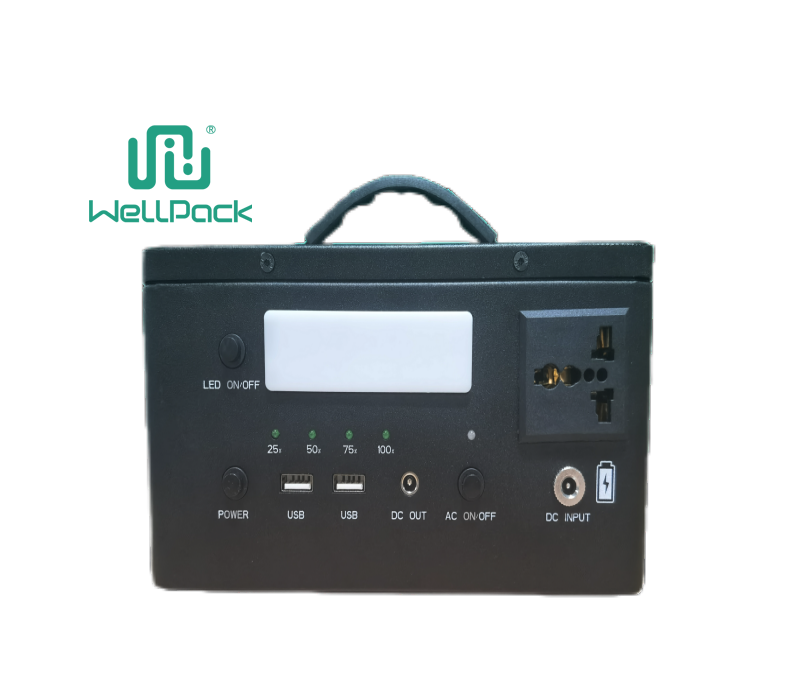How to Deal with a Swollen Lithium Polymer Battery: A Safety Guide
Lithium polymer batteries are ubiquitous in our electronic devices, offering impressive power density. However, they can encounter a serious issue: swelling. This abnormal expansion can pose a significant safety risk. Understanding the causes, prevention, and proper handling of a swollen lithium polymer battery is crucial.
Understanding Swollen Lithium Polymer Batteries
A swollen lithium polymer battery is a sign of internal distress. It occurs when gases build up within the battery cells, causing them to expand. This swelling can be attributed to various factors, including overcharging, deep discharging, manufacturing defects, and exposure to extreme temperatures. Recognizing the signs of a swollen battery, such as a bulging or rigid shape, is essential for timely action.
Lithium Polymer Battery Safety: Prioritizing Prevention
Preventing battery swelling is crucial for maintaining device performance and ensuring safety. Adhering to best practices can significantly reduce the risk:
Avoid Overcharging and Deep Discharging: Always follow the manufacturer's charging guidelines. Avoid fully depleting the battery or leaving it on charge for extended periods.
Maintain Optimal Temperature: Store your devices and batteries in a cool, dry place, away from direct sunlight or extreme temperatures.
Use High-Quality Chargers: Employ chargers specifically designed for your device to prevent voltage spikes and overcharging.
Regular Inspections: Periodically check your devices for signs of battery swelling. Early detection can prevent further damage.
Lithium Battery Disposal: Handling Swollen Batteries Safely
If you encounter a swollen lithium polymer battery, prioritize safety above all else. Follow these steps:
Isolate the Battery: Remove the swollen battery from the device and place it in a non-flammable container.
Avoid Puncturing or Short Circuiting: Never attempt to puncture, disassemble, or heat a swollen battery.
Contact the Manufacturer: If the battery is under warranty, reach out to the manufacturer for guidance on disposal.
Proper Recycling: Many communities offer battery recycling programs. Dispose of the swollen battery responsibly through these channels.
Professional Disposal: If recycling options are limited, consider contacting a professional hazardous waste disposal service.
Lithium Polymer Battery: Potential Hazards
A swollen lithium polymer battery can pose serious risks, including:
Fire Hazard: The internal gases can ignite, leading to a fire.
Device Damage: The swelling can cause damage to the device's casing and internal components.
Personal Injury: In extreme cases, a swollen battery explosion can result in physical injuries.
FAQ:
What to do if a lithium battery is swollen?
Stop using the device immediately. Remove the battery carefully and place it in a non-flammable container. Avoid puncturing, heating, or charging the battery.
How to deal with a ruptured lithium battery?
If a lithium battery ruptures, evacuate the area immediately. Do not attempt to handle the battery. Contact emergency services and follow their instructions.
Can I use a swollen lithium battery?
No, using a swollen lithium battery is unsafe and can lead to fires or explosions.
How long can a swollen lithium battery last?
There's no guarantee how long a swollen lithium battery will last. It can fail at any time, increasing the risk of damage or injury.
Is it safe to charge a swollen lithium battery?
No, charging a swollen lithium battery is extremely dangerous and can lead to a fire.

